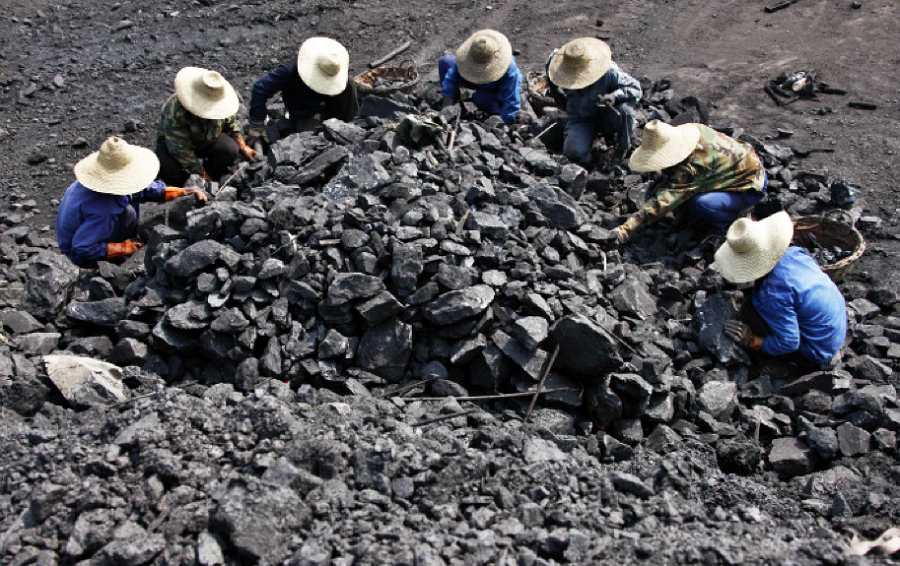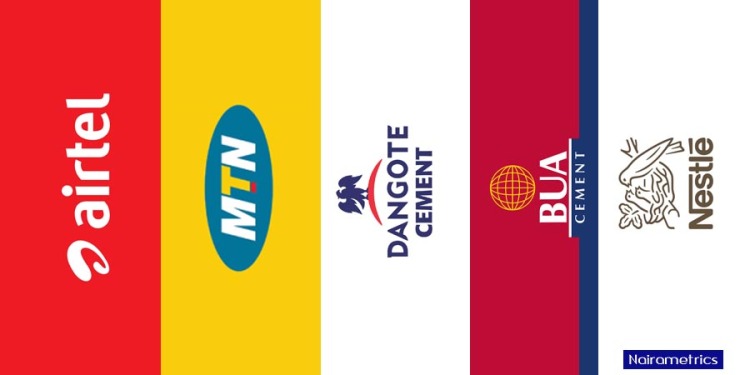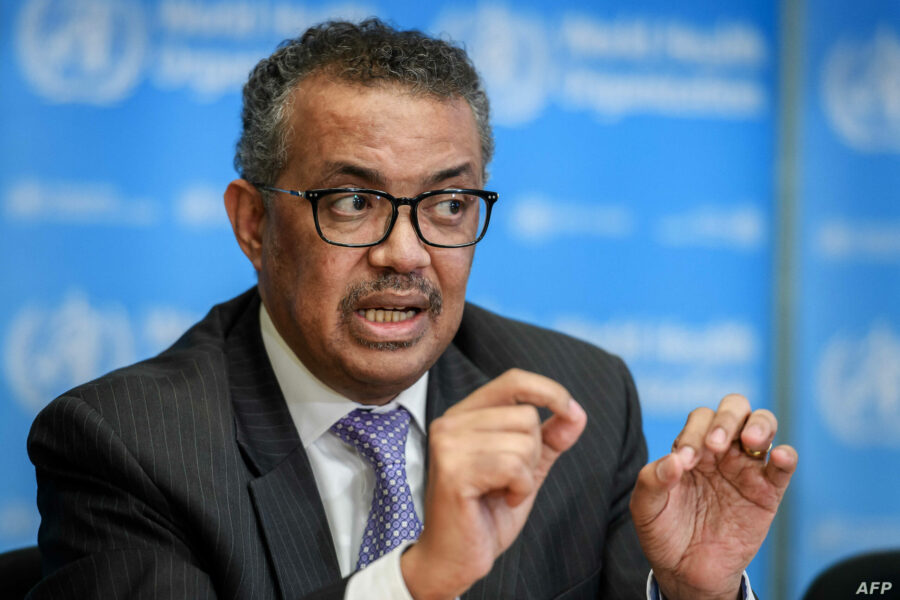At the 76th United Nations General Assembly (UNGA 76) last month, the President of the Republic of China, Xi Jinping, announced an end to financing any new coal projects offshore.
With Beijing being the largest source of financing for coal power plants, amounting to nearly $45 billion worth of coal projects across the world, many wonder if the announcement is simply a reaction to the international pressure to announce an end to overseas coal financing as part of its updated Nationally, Determined Contributions (NDCs) submitted to the United Nations, or if indeed China will withhold at least $50 billion worth of offshore coal money which has been earmarked to finance 44 coal power plants across Asia and Africa, especially since almost this time last year, the coal giant announced its plan to build 43 new coal-fired power plants and 18 new blast furnaces.
If China’s previously announced commitments are anything to go by, one cannot entirely bank on closing up shop of new offshore coal financing by the country just yet – but again, one cannot completely rule it out. Like the popular red light green light squid game, China’s retreat on coal appears to be a start-stop activity and like the squid game, the stopping may signal the death of many industrial projects in parts of Africa, including Nigeria, for which Chinese coal money had been earmarked, as well signal an end to a significant part of the China’s Belt and Road Initiative (BRI).
China’s BRI is currently the country’s biggest project in Africa, and energy projects account for about 44 percent of the BRI, a significant part of which is coal-driven. An analysis by the climate think tank E3G found that China commissioned 76 percent of the world’s coal in 2020. One report by the International Institute for Green Finance, a Beijing-based think tank, has it that as at 2015, coal accounted for 46% of China’s offshore energy investments, a number that has climbed year after year.
Like China’s previous commitments to green the BRI, President Jinping’s announcement at the UNGA 76 is yet to reveal specific plans or a framework for the promised coal retreat. In 2017, responding to international criticisms on the BRI practices, China released a “Guidance on Promoting Green Belt and Road”, touting environmental protection as part of the BRI. In 2019 again at the BRI forum in Beijing, Xi Jinping announced commitment to make the BRI, open, green and clean. Both commitments lacked any binding quality, transparency or monitoring mechanism and were not followed through.
With the rising international pressure this year, fuelled in no small way by the damning IPCC report on climate change that the UN Secretary-General referred to as a “Code Red for Humanity”, as well as the IEA report that urged no new fossil fuel projects beyond this year, China might just have budged with no real plans to stop international coal financing.
On the other hand, we have seen some activity that shows an inkling of political will. In the first half of the year, China abstained from funding any coal projects under the BRI. Earlier in the year too, China informed Bangladesh that it would no longer fund coal-fired power plants in its country. However, afterwards, it went ahead to sign new deals to build coal-fired power plants in both Vietnam and Indonesia, a perfect illustration of the country’s coal squid games.
Additionally, only last week, Chinese officials ordered more than 70 mines in Inner Mongolia to increase coal production by almost 100 million tonnes, while reopening dozens of other mines and approving new ones. While China’s UNGA 76 announcement focused on international coal projects, its heavy local reliance on and increase in burning of coal may be a pointer to the fact that the announcement was merely posturing.
With many of the coal money countries in Africa comfortable with continued access to cheap capital for exploiting their resources and industrialising, the ultimate question is, would China’s commitment automatically close out financing from China for international coal projects, or would this commitment be realized more in the medium or long-term? Also, what will happen to existing contracts and anticipated tranches of construction costs or to long term supply contracts, especially in forward sale financing structures? Further, by “new financing”, does China refer also to expansions for already existing coal projects or merely for financing new ones.
In the end, what effect will China’s coal squid games have on Nigeria? Nigeria is not just a major BRI participant, but also has significant coal projects across Kogi, Enugu and Benue States with intent to further explore its coal deposits in other areas and has announced the construction of six new coal plants by 2037.
Most of Nigeria’s coal power plants have been undertaken with financing from China since most Western entities would not fund coal. This means that, if China should red light coal financing, coal projects in the country would be mostly impossible and existing plants may soon become moribund. As such it is in Nigeria’s interest to transition away from coal, not just for environmental reasons, but because any movement after China’s red light may toll its death knell.


















